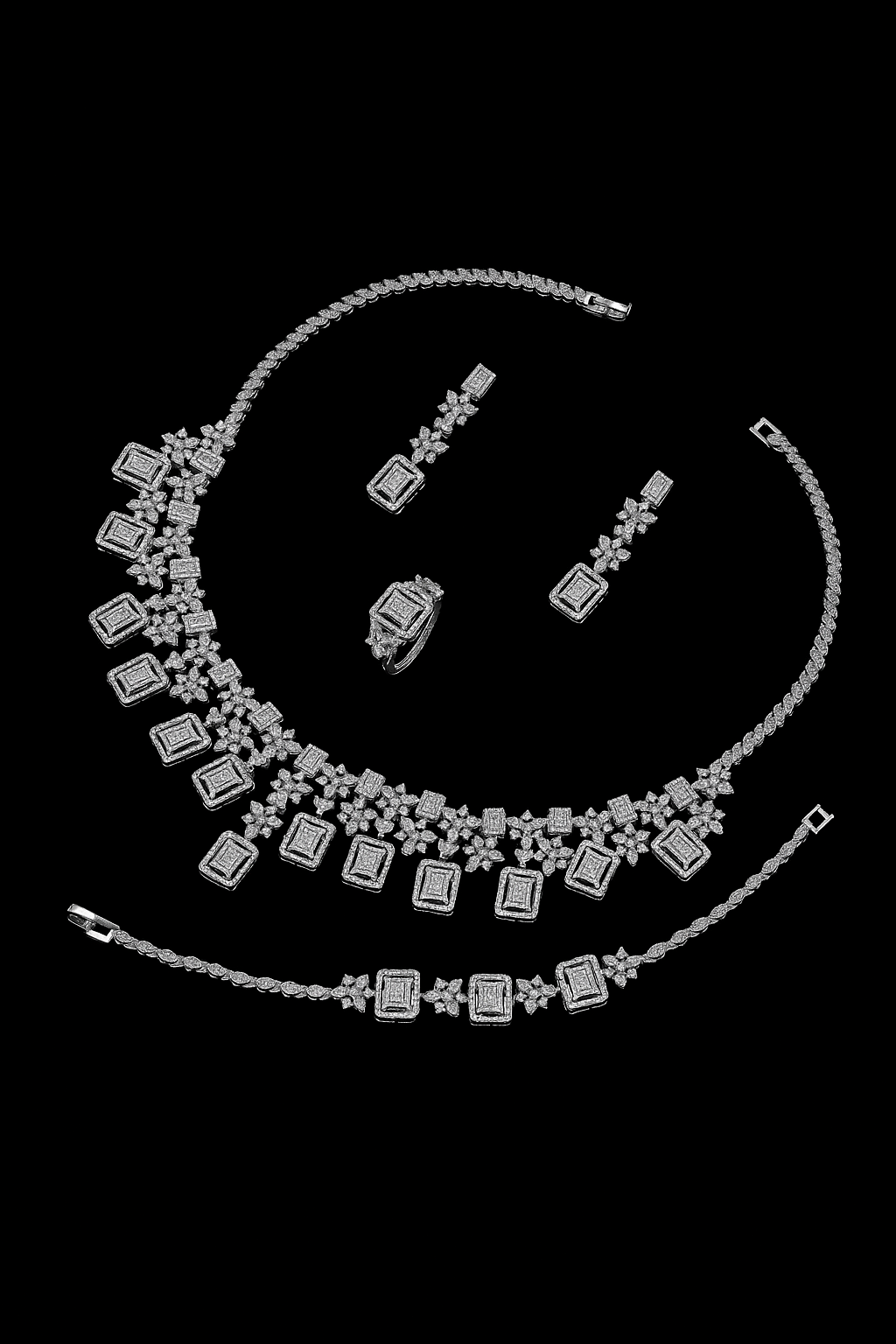GIA vs. IGI: Decoding the Diamond Certificate Dilemma
So, you’ve decided to buy a diamond. You’ve learned about the 4Cs—Cut, Color, Clarity, and Carat weight. You’re ready to make an informed purchase. But then you hit another crucial decision point: the certificate.
Two names dominate the conversation: GIA and IGI. You’ll see both on retailer sites, often for stones with similar grades and prices. This leaves many buyers asking: “What’s the real difference, and why does it matter?”
The answer is critical. Choosing the right lab isn't just about paperwork; it’s about understanding the true value and quality of your investment. Let’s decode these two giants and help you choose with confidence.
The Gold Standard: Gemological Institute of America (GIA)
Think of GIA as the strictest professor in the world of gemology. They don’t just set the curve; they invented it.
-
The Pioneer: Founded in 1931, GIA actually created the D-to-Z color scale and the clarity grading scale (FL-I3) that the entire global industry uses today. This history gives them unparalleled authority.
-
The Benchmark for Natural Diamonds: GIA is the undisputed leader for grading natural diamonds. Their reputation is built on extreme consistency, scientific rigor, and total objectivity. A GIA grade is considered the most unbiased and accurate assessment you can get.
-
The Resale Value: This is a huge differentiator. A diamond graded by GIA almost always commands a higher resale value. High-end jewelers, auction houses like Sothe’s and Christie’s, and savvy buyers trust a GIA certificate implicitly. It’s the passport that proves your diamond’s quality.
Grading Lab-Grown Diamonds: GIA also grades lab-grown diamonds, but they do so very deliberately. Their reports for lab-grown stones are visually distinct from their natural diamond reports. Most importantly, they laser-inscribe the girdle with the report number and the words “LABORATORY-GROWN” to ensure transparency.
Who is GIA for? The buyer of a natural diamond who prioritizes accuracy, security, and long-term value above all else. It’s the safest choice for a significant purchase.
The Industry Giant: International Gemological Institute (IGI)
IGI is a massive, legitimate, and well-respected laboratory. However, its role and reputation have some key distinctions.
-
The Volume Leader: IGI is the world’s largest independent gemological lab. They are incredibly prominent, especially in the jewelry industry for appraisals and grading.
-
The King of Lab-Grown: IGI was an early adopter in grading lab-grown diamonds and is now the most common certificate found on them. If you’re shopping for a lab-grown diamond, you will predominantly see IGI reports. Their format for lab-grown and natural diamonds is very similar.
-
Perception of "Softer" Grading: This is the most debated point. The widespread industry perception is that IGI grading can be slightly less strict or more lenient than GIA’s. This means a diamond graded as an H color by IGI might be graded as an I or J color by GIA. The same can apply to clarity grades. This isn’t to say IGI is “wrong,” but their standards are often seen as more accommodating.
-
Value Proposition: Because of this perception, an IGI-graded natural diamond may be priced slightly lower than a GIA-graded one with the same stated grades. For lab-grown diamonds, where IGI is the established standard, this doesn’t carry a negative connotation.
Who is IGI for? The buyer of a lab-grown diamond (where they are the market standard). For natural diamonds, they can represent a good value, but it's wise to be aware that the grade might not be quite as strict as a GIA grade.
GIA vs. IGI: Head-to-Head Comparison
| Feature | GIA | IGI |
|---|---|---|
| Reputation | Industry Gold Standard | Reputable, Major Lab |
| Grading Strictness | Very Strict, Consistent | Good, but often perceived as Softer/Lenient |
| Primary Focus | Natural Diamonds | Lab-Grown Diamonds & Jewelry |
| Market Value & Trust | Highest Resale Value, Universal Trust | Good Value; Standard for Lab-Grown |
| Best For | Natural diamond buyers seeking maximum security and value. | Lab-grown diamond buyers; those seeking value in natural stones. |
No matter what, always insist on a certificate from a reputable lab. It’s the single most important document that translates a beautiful stone into a understood and valued asset.
Happy diamond hunting! Knowing the difference between these labs means you’re already several steps ahead in finding the perfect gem. If you need any kind of help, do not hesitate to contact our expert team.












Leave a comment